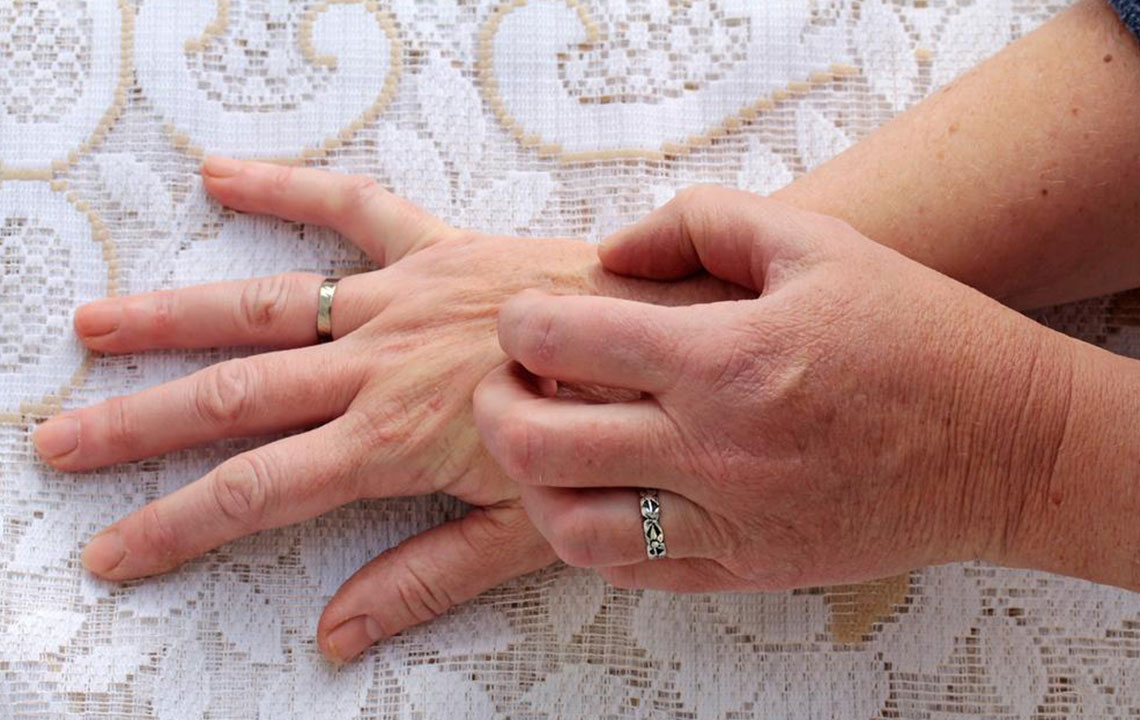Understanding Peripheral Nerve Damage: Causes and Warning Signs
This article explores the causes, symptoms, diagnosis, and treatment options for peripheral nerve damage. It emphasizes the importance of early detection, especially in diabetics and those with risk factors like alcohol use or infections. Recognizing signs such as numbness, weakness, and pain is crucial for timely intervention, which can sometimes reverse nerve damage. The article highlights the need for medical evaluation and preventive care to mitigate long-term complications and improve quality of life.

Understanding Causes and Symptoms of Peripheral Nerve Damage
Peripheral nerve damage occurs when the nerves outside the brain and spinal cord are affected, leading to symptoms like numbness, weakness, and discomfort, mainly in the extremities such as hands and feet. The condition can develop suddenly or gradually, and identifying the underlying cause is crucial for effective treatment.
Common causes include:
Diabetes: It's a leading cause of peripheral nerve issues, affecting over half of diabetics. Foot neuropathy is prevalent, so regular foot examinations are vital to prevent severe complications like unnoticed cuts or ulcers.
Medication: Certain drugs, such as chemotherapy agents, can damage nerves. Patients undergoing cancer treatments or using medications for HIV, high blood pressure, or seizures may develop nerve-related side effects.
Alcohol misuse: Excessive drinking introduces toxins that harm nerves and disrupt vital vitamin levels, potentially leading to nerve damage. Moderate alcohol consumption can reduce this risk, and quitting may reverse some symptoms.
Tumors: Growths pressing on nerves, benign or cancerous, can induce neuropathy. Types linked to nerve issues include breast, lung, ovarian, lymphoma, and related cancers.
Infections: Diseases like HIV, Lyme disease, leprosy, hepatitis C, and diphtheria are known to cause nerve damage.
Trauma: Physical injuries, from accidents, falls, or sports, may injure or sever nerves, leading to neuropathy.
Signs of peripheral nerve damage include:
Burning, stabbing, or cold sensations
Tingling or numbness in hands and feet, extending to limbs
Sensitivity to touch
Muscle weakness
Coordination difficulties
Diagnosing involves physical evaluations, medical history review, and nerve function tests such as nerve conduction studies and electromyography. Early treatment can sometimes reverse nerve issues and prevent further damage. Proper diagnosis and prompt intervention are key to recovery efforts.
Note that nerve damage, especially in the feet, may be reversible depending on the cause. Regular check-ups and early management play a critical role in improving outcomes and reducing long-term complications.










